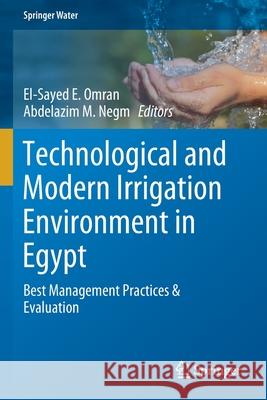Technological and Modern Irrigation Environment in Egypt: Best Management Practices & Evaluation » książka
topmenu
Technological and Modern Irrigation Environment in Egypt: Best Management Practices & Evaluation
ISBN-13: 9783030303778 / Angielski / Miękka / 2021 / 369 str.
Technological and Modern Irrigation Environment in Egypt: Best Management Practices & Evaluation
ISBN-13: 9783030303778 / Angielski / Miękka / 2021 / 369 str.
cena 402,53
(netto: 383,36 VAT: 5%)
Najniższa cena z 30 dni: 385,52
(netto: 383,36 VAT: 5%)
Najniższa cena z 30 dni: 385,52
Termin realizacji zamówienia:
ok. 16-18 dni roboczych.
ok. 16-18 dni roboczych.
Darmowa dostawa!
Kategorie:
Kategorie BISAC:
Wydawca:
Springer
Seria wydawnicza:
Język:
Angielski
ISBN-13:
9783030303778
Rok wydania:
2021
Wydanie:
2020
Numer serii:
000695871
Ilość stron:
369
Waga:
0.53 kg
Wymiary:
23.39 x 15.6 x 1.98
Oprawa:
Miękka
Wolumenów:
01
Dodatkowe informacje:
Wydanie ilustrowane











